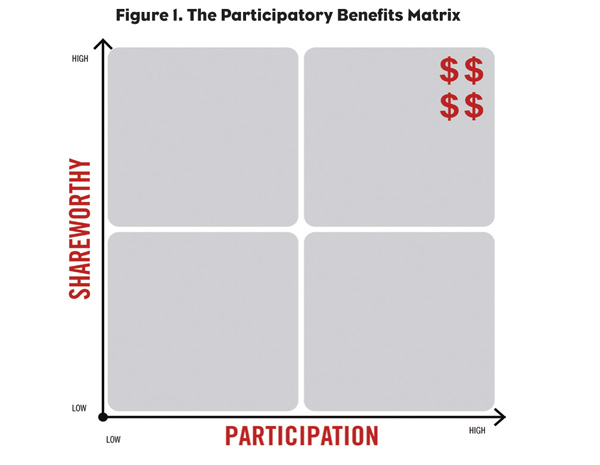In today’s economy, Millennials directly impact over 21% of consumer discretionary purchases. But their indirect influence, the impact of a “Millennial mindset,” is even greater as they impact choices in nearly every category from retail to restaurant to travel.
Marketers across the globe are looking for new ways to tap into this highly influential group. Those who don’t invest in adapting their business practices to appeal to Millennials run the risk of losing relevancy—and the healthcare and pharmaceutical space is not immune to this threat. Ultimately, marketers who want to win with Millennials must embrace these three ideas:
1. Understand Millennial expectations and who sets the bar.
Marketers falsely assume Millennials have no brand loyalty and disregard any sort of brand messaging. When it comes to Millennial expectations, the big winners with this group are the brands that are setting the bar for all other brands across any industry. Obvious, right? Then why are we still having conversations around industry standards?
Powerhouse brands such as Nike, Chipotle, Target and Starbucks, to name a few, are setting the standard for Millennial expectations. The experience Millennials get from these brands is what they, in turn, expect from every other brand. Brands that fall short of their expectations are often viewed as insignificant, regardless of the industry.
2. Activate Millennials by encouraging participation and co-creation.
In the Millennial-inspired participation economy, we know that a brand’s value is no longer defined as the sum of functional and emotional benefits divided by price. Millennials have added a new element to the equation—participatory benefits. These consumers engage with brands that empower them to participate by co-creating the product or service, co-creating the customer experience or consumer journey and ultimately co-creating the marketing (See Figure 1).
Marketers need to understand that this “enigmatic” generation does a fantastic job telling us what they like and don’t like—they also tell us why or why not. As social media gives the consumer the ultimate voice, brands must do more than simply listen. Brands that aim to win big with this audience are contributing to the dialogue and using these conversations as fuel.
3. Millennials demand transparency and authenticity.
Millennials don’t believe in brands; they believe in ideas! Idea brands stand for something and understand this shift is from “storytelling” to “story-doing.” Millennials buy-in to story-doing brands whose values align with their own. These brands live this idea inside and out. They are radically transparent and inspire participation, action and experience.
Healthcare and pharmaceutical brands are in a unique place where there is an obvious parallel from the brand purpose to doing something good for the world. An emphasis on the idea behind why the brand exists could be a game changing perspective that allows you to build your messaging from the outside in.
Understanding that healthcare and pharmaceutical marketers operate in a world defined by regulation and restrictions, pharma marketers can no longer allow this to hold them back. With Millennials, brands must be nimble and real. It’s no secret that there is a lack of trust with this generation of consumers. Overcome that hurdle by making your brand wildly transparent and encourage a participation-based dialogue.




